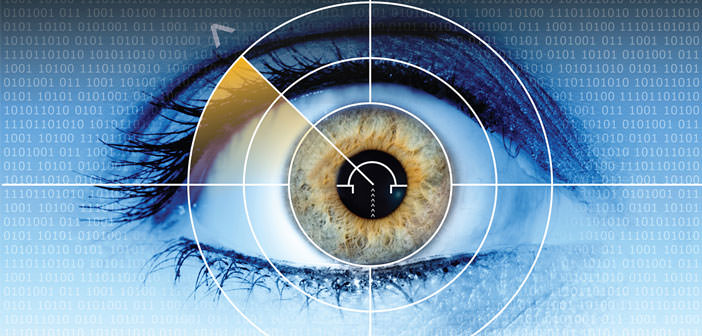The Google AI can detect heart problems by looking you in the eye
Google researchers and experts are working on a system to predict any heart problems through eye scanning.
Scientists from Google and Verily, the medical technology subsidiary, have discovered a new way to detect cardiac problems in advance using machine learning. Through the analysis of eye scans, the company’s software can collect accurate data on different aspects: age, blood pressure, if it is a smoker. These data can finally be used to predict the risks related to the onset of serious heart attacks with the same accuracy that have the most widespread methods of inspection today.
However, the algorithm makes detection easier and faster, without invasive methods such as blood tests. To ensure full effectiveness companies need to perform additional tests within a clinical setting, with the experiment that has been described in great detail in Nature, after a review work that lasted a few months. Google’s machine learning will not replace the doctor, and does not want to do it at the moment, but in the next few years, it will represent a valid tool for ” extending the skills ” that today’s health experts have.
Like any artificial intelligence system, the algorithm must learn before it can be considered effective. The researchers used a set of information belonging to about 300 thousand patients, mainly eye scans combined with medical data.
The information was fed to different systems for deep learning analysis, through neural networks able to associate the signals present in the eye with the most common cardiovascular risks. Although it sounds like science fiction, the experiment is based on scientific research carried out in the past.
In short, the posterior internal part of the eye (fundus oculi, ocular fundus) is full of blood vessels that reflect the general health of the body, whose study with cameras and microscope can lead to interesting discoveries, including also the patient’s habits.
The reliability of the Google system to discover the potential risks of experiencing heart attacks is currently 70%, and the technology does only slightly worse than the SCORE method commonly used by current medicine, which with the same tests has been reliable 72% sometimes.
For Google, the work done is not just a method to discover any health risks of patients, but a new confirmation on the effectiveness of machine learning technologies with medical purposes.
Many algorithms are based on the emulation of the most widespread diagnostic tools, while what has been done in recent months by the company shows an entirely new approach in order to analyze medical data. With more data, Google can also get superior effectiveness and push the medical industry to new boundaries.
In fact, Google is trying to obtain the highest possible number of user health data, which is why it has launched several projects, including Project Baseline, with which it has collected in-depth medical data of about 10,000 individuals over the course of four years.
At the moment, the use of AI to defeat the diseases that afflict humanity today without human intervention seems at least improbable, with its application decades away and perhaps even more. But it is the way to go, according to Google, and the latest experiments show that perhaps it is not entirely wrong.

